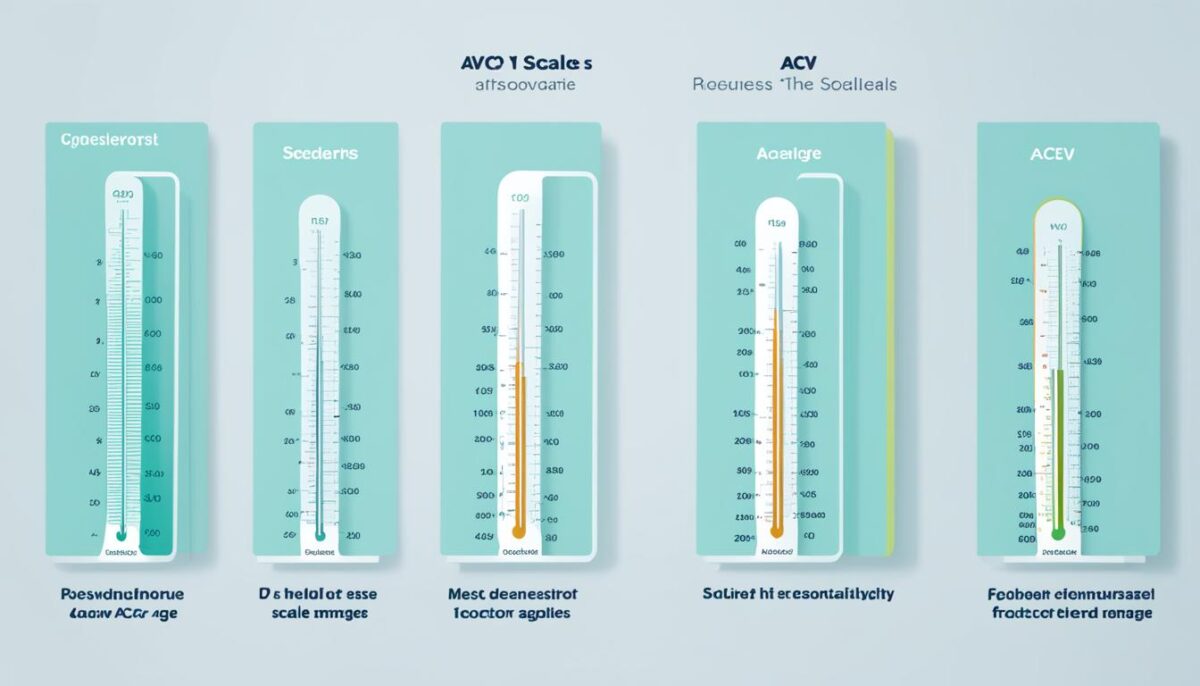In the dynamic world of car auctions, one term that holds immense significance is ACV, or Actual Cash Value. This crucial metric represents the estimated fair market value of a vehicle, taking into account factors such as its condition, mileage, and market trends. As both buyers and sellers in the car auction industry, understanding the meaning of ACV is essential for navigating the bidding process and ensuring a fair transaction.
ACV is the foundation upon which the car auction ecosystem operates, providing a benchmark for pricing and valuation. By comprehending the implications of ACV, we can make informed decisions, secure the best deals, and maintain a transparent and equitable marketplace for all participants.
Acv Mean Car Auction: Unraveling the Acronym
At the heart of the car auction process lies a crucial concept – ACV, or Average Wholesale Value. This industry-standard metric is the key to determining the current market value of a vehicle, serving as a critical reference point for both buyers and sellers in the auction arena.
Understanding the Concept of ACV
ACV, or Average Wholesale Value, is a comprehensive assessment of a vehicle’s worth, calculated by considering a multitude of factors. These include the vehicle’s make, model, year, mileage, condition, and any optional features it may possess. Professional appraisers or data analysts meticulously examine these details to arrive at the ACV, providing a reliable estimate of the car’s fair market value.
How ACV Impacts Car Auction Bidding
The ACV plays a pivotal role in shaping the dynamics of car auctions. Sellers often use the ACV as a benchmark to set a minimum reserve price, ensuring they receive a fair return on their vehicle. Conversely, buyers rely on the ACV to inform their bidding strategies, empowering them to make informed decisions and avoid overpaying for the car.
By understanding the concept of ACV and its influence on the car auction landscape, both buyers and sellers can navigate the auction process with greater confidence and achieve mutually beneficial outcomes. This knowledge serves as a valuable tool in navigating the intricacies of car auction valuation and vehicle appraisal, ultimately leading to more bidding strategies and buyer and seller considerations that align with the ACV.

“Understanding the ACV is the key to making informed decisions and securing the best deals in the car auction market.”
Determining an Accurate ACV: Key Factors to Consider
Accurately determining the Actual Cash Value (ACV) of a vehicle is crucial when participating in car auctions. To arrive at an accurate ACV, we must consider a range of factors that can impact the true fair market value of the vehicle. By carefully assessing these elements, we can ensure that both buyers and sellers are presented with a realistic and fair assessment of the vehicle’s worth.
One of the primary factors affecting ACV is the vehicle’s overall condition. A comprehensive evaluation of the car’s make, model, year, and mileage provides a solid foundation for determining its value. Additionally, a detailed assessment of any damage or modifications to the vehicle can significantly impact its ACV.
Alongside the vehicle’s physical condition, market research plays a vital role in establishing a realistic ACV. By analyzing recent sales of similar vehicles in the local or regional area, we can gain valuable insights into the current market trends and pricing. This information helps us benchmark the true fair market value of the vehicle in question.
Factors Affecting ACV
- Vehicle make, model, and year
- Vehicle mileage
- Overall vehicle condition
- Damage or modifications to the vehicle
- Recent sales of similar vehicles in the local or regional market
| Factor | Impact on ACV |
|---|---|
| Vehicle Condition | A well-maintained vehicle in excellent condition will have a higher ACV compared to a vehicle with significant wear and tear. |
| Mileage | Vehicles with lower mileage generally command a higher ACV, as they are perceived to have more usable life remaining. |
| Market Trends | Analyzing recent sales of similar vehicles in the local market helps us determine the current fair market value and set an accurate ACV. |
By considering these key factors, we can arrive at an accurate ACV that reflects the true fair market value of the vehicle. This ensures a transparent and equitable process for both buyers and sellers in the car auction environment.
“Accurate ACV determination is the foundation of a fair and successful car auction experience.”

Why ACV Matters in the World of Car Auctions
In the dynamic world of car auctions, the Actual Cash Value (ACV) is a vital tool that ensures fair market value for both buyers and sellers. As a buyer, understanding the ACV helps us avoid overpaying and make informed purchasing decisions. For sellers, the ACV provides a reliable benchmark for setting a realistic reserve price, enabling them to receive a fair return on their vehicle.
Ensuring Fair Market Value for Buyers and Sellers
By leveraging the ACV, we can navigate the car auction process with greater confidence and clarity. As buyers, the ACV empowers us to assess the true value of a vehicle, allowing us to make well-informed bids that align with the fair market price. On the other hand, sellers can rely on the ACV to set a reserve price that accurately reflects the vehicle’s worth, protecting them from undervaluation and ensuring a fair transaction.
Through the effective use of the ACV, we can create a more transparent and equitable car auction ecosystem, where both buyers and sellers can engage in transactions with a shared understanding of the vehicle’s true value. This not only benefits individual participants but also contributes to the overall integrity and efficiency of the car auction industry.



